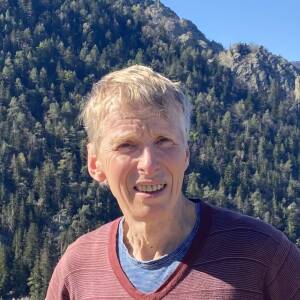Elne maternity hospital
Today I visited the Elne maternity hospital, an important place of refuge and help for women during the 'Retirada.' It is a both a moving and heartwarming place.
On 26 January 1939, Barcelona fell into the hands of Franco's supporters. The war was lost and exile was to begin. Thus began the flight of a whole country and thousands of refugees from every corner of Spain who had sought sanctuary in Catalonia during the war to escape Franco's army.
The great majority of exiles were interned in France in what were officially known as "reception camps". These were veritable concentration camps with terrible sanitary conditions that were watched over by Senegalese troops. The cold, the poor diet and the negligence of the officials in charge were inhumane punishments over and above the sadness of exile.
However, life continued and many women in the camp were forced to give birth in dreadful conditions in stables in Perpignan. The mortality rate among these women was extremely high. When the baby did not die, it was the mother or, in the worst cases, both.
In light of this situation, Elisabeth Eidenbenz, a young Swiss teacher, who had attended to refugee children on the Republican side during the Civil War, converted an abandoned country house in the Roussillon town of Elne into a maternity hospital to attend to camp women who were to give birth and their children.
Although most of the 597 babies born at the Swiss Maternity Hospital in Elne were the sons and daughters of exiled Republicans from Catalonia, from 1939 to 1944 the children of Jews and people from elsewhere were also born there.
The story of Elisabeth Eidenbenz and the Elne Maternity Hospital is a vital, illuminating tale that took place at one of the darkest moments in human history. Serge Barba, one of those children, states "my mother gave birth to me in the Elne Maternity Hospital and Elisabeth Eidenbenz gave me faith in humankind".

Comments
Sign in or get an account to comment.


